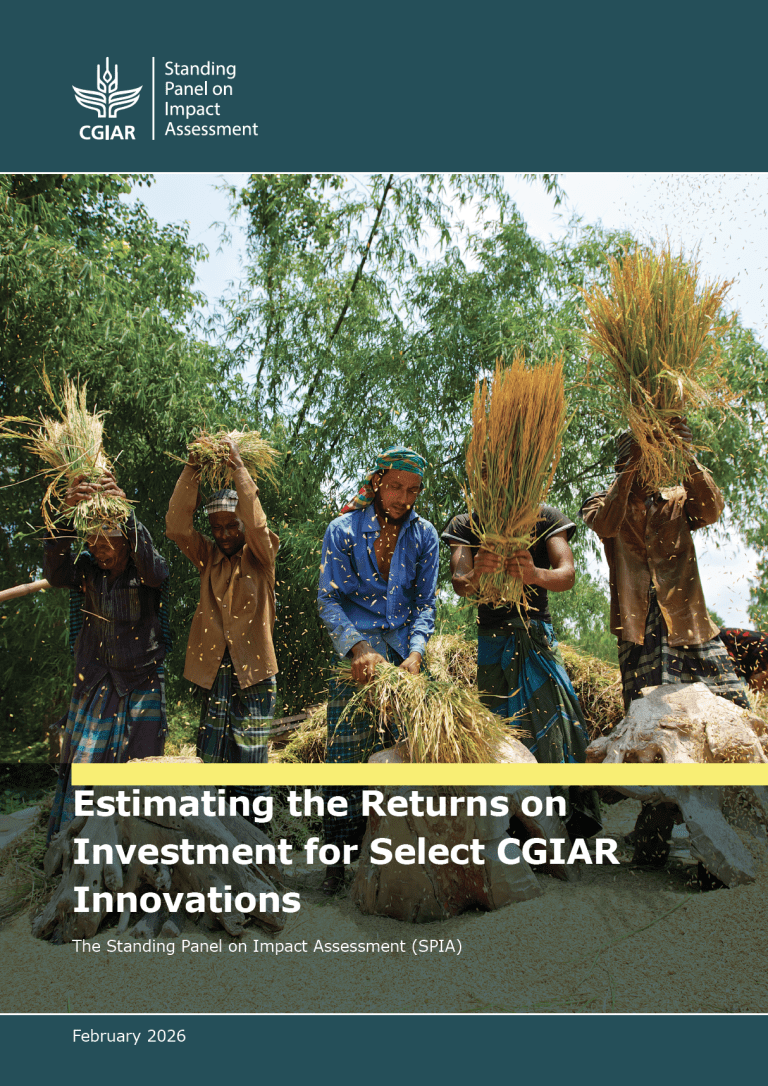Bangladesh will be the fourth focus country of SPIA’s national data systems team. We recently launched a recruitment for two positions (a Postdoctoral fellow and a Liaison officer)* to be based in Dhaka to join our virtual team with members in Vietnam, Uganda, Ethiopia, France and the United States. We hope to have filled those positions by July 2022. The range of different topics that CGIAR centers have focused on in Bangladesh makes this a unique opportunity to work to incorporate adoption of CGIAR innovations into national data collection.
For example, aquaculture is a significant sector in Bangladesh, ranging from traditional carp polyculture systems (multiple species grown in the same pond) to more intensive systems focused on tilapia or shrimp. Aquaculture has gone through a period of significant growth in Bangladesh referred to as a “Blue Revolution” in a recent book by Rashid and Zhang. The production of fish by aquaculture quadrupled over the past two decades. Inland and marine capture fisheries in the country have also been subject to long-run research programs by WorldFish. One workstream may be to deepen understanding on how the fortunes of these different sub-sectors may have been supported by CGIAR research contributions, on management practices, policies and, in the case of aquaculture, fish genetics (the GIFT tilapia strains in particular).
Rice breeders have successfully worked on both flood tolerance and drought tolerance – traits for which the stakes are high, given both the continued importance of rice as a staple and the high level of exposure to climate shocks experienced by farmers in the country. There is room for research to understand which farmers are able to access seed varieties with these traits. To support this research, SPIA aims to enhance data collection on varietal adoption through both DNA fingerprinting and systematic national surveys.
There have also been notable plant breeding success stories regarding lentils and wheat, both centered on breeding varieties with resistance to economically significant diseases. As with rice, SPIA hopes to broaden our understanding of the spatial patterns of adoption of these innovations.
More generally, agricultural innovation is a continuous process. SPIA’s national data systems team hopes to make commonplace the practice of including adoption of recent innovations in national agricultural surveys.
Numerous policy-oriented research projects have been carried out under CGIAR Research Programs in Bangladesh. These programs include Agriculture for Nutrition and Health; Policy Institutions and Markets; and Water Land and Ecosystems. Nutrition, food safety, women’s empowerment and adaptation to climate change are all important themes for which CGIAR programs may have influenced policy. Bangladesh remains a high priority country with CGIAR donors and features strongly in the initiatives put forward under One CGIAR. We are excited to get started with our work to help strengthen national data collection in Bangladesh.
We welcome input. If you have any suggestions for SPIA’s work program in Bangladesh, please reach out to us: spia@cgiar.org
*We should note that the process of short-listing for interview has started, but we will review all applications received until the positions are filled
Photo available at: https://www.flickr.com/photos/theworldfishcenter/7253550038/in/album-72…



